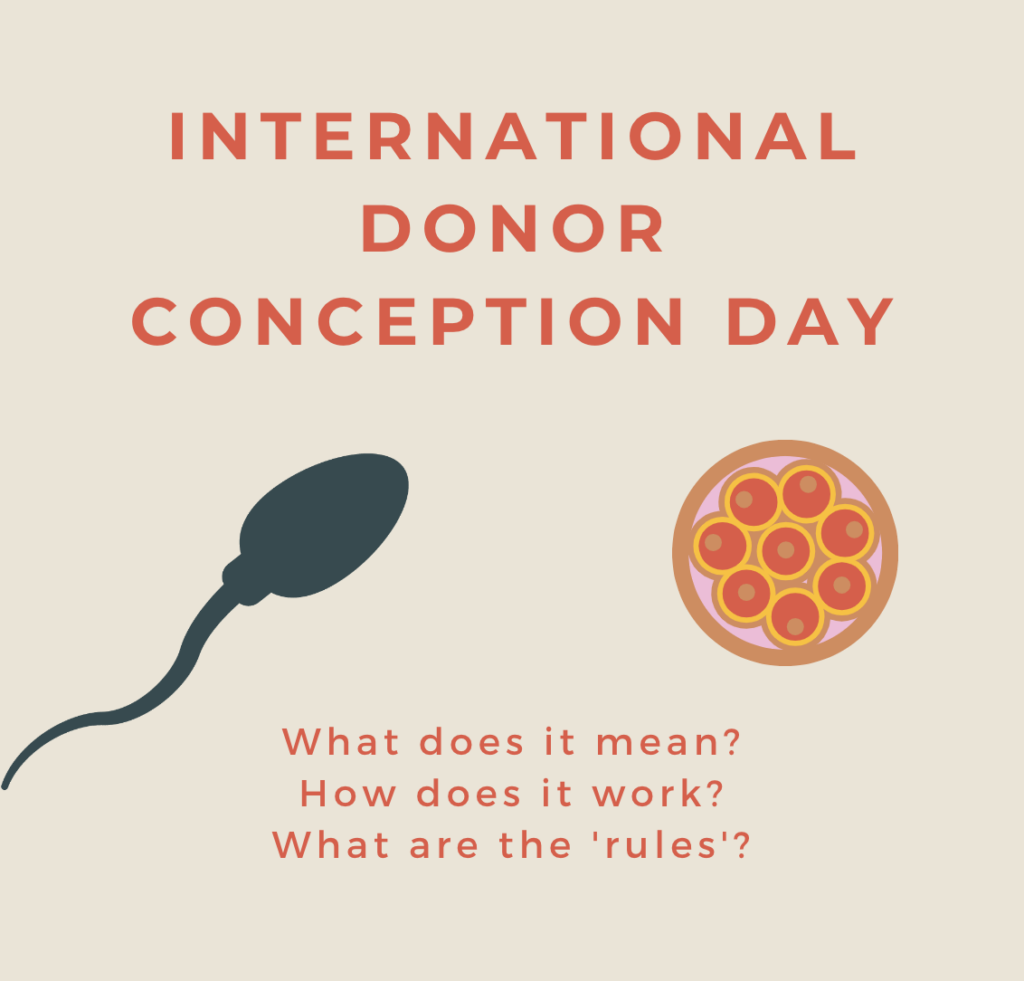In light of Donor Conception Awareness Day — we at ScreenMe have pulled together a few things you should know!
What is donor conception?
Donor conception is when a child is conceived using sperm, eggs, (or both), or embryos from someone who is not the intended parent.
Who uses donor conception?
Donor conception is available to anyone — however, normally is used by same-sex couples, or those struggling with their fertility.
Can those born using donor conception find out their birth parent(s)
This really depends on when you were conceived.
For those born from donations prior to 1991
- No, as the HFEA (Human Fertilisation & Embryology Authority) was not established then
For those born from donations 1991-2005
- Once 18, you were able to request information about your donor and any donor-conceived siblings you may have
- There are a few things that you are able to find out including their:
- Physical description
- Year and country of their birth
- Ethnicity
- Additional information they decided to give
For those born from donations after 2005
- Once 18, you are able to find out more details — including all of the above:
- Name
- date of birth
- most recent address
- physical description
- relevant personal & family medical history
However — due to the rise of at-home DNA testing, it is possible to find out things about your origins and ancestry regardless!
Why has this changed over time?
The law changed in 2005 so that children conceived through donor conception were able to find out their birth parents.
This is particularly interesting as 2023 marks the first year that children conceived through donor conception after the law change in 2005, turn 18. If you want to hear more about this, then listen to our latest podcast with Natalie Sutherland — who talks us through this!
What about half-siblings?
If you wish to find out if you have any half-siblings, then you can join the HFEA’s Donor Sibling Register. If any of your half-siblings also join the register the HFEA will put you in contact with them.
Can the donors find out anything?
Donors can apply to find out whether their donation resulted in a birth, and the sex of the child and the year they were born. However, this is all the information they are able to receive.
How does donation work?
If you are looking for a donor, then there is a list of clinics licensed in the UK, which offer this fertility treatment. They will each have their own list of donors, which you can choose from.
Are donors screened?
Yes — they are screened for some diseases and genetic disorders to minimise the risk of these being transferred to the birth mother or child.
Are donors paid?
The HFEA has strict rules on payment — currently this is fixed at £750 per egg cycle, and £35 per visit to the clinic for sperm donors.
Additional money can be applied for travel expenses.
What are the rules around consent?
Donors have full control of their sperm and eggs, up until the moment they are transferred in to someone else’s body.
How long can donations be stored for?
The consent for storage is renewed every 10 years, and the maximum storage time is 55 years.
Is there much support?
Yes, donors and donor parents receive counselling to discuss the what this process means.
Donor-conceived people, and some donors are eligible for a free service offering support, if their donation or conception took place after 1991. Family members are able to access a specific service, but are required to pay. If you are curious about whether you are able to access this then we recommend visiting the HFEA page.
Is there a limit to donation?
Donors are limited to donating for 10 families.
If you are considering donor conception in any capacity, or are just interested, then we hope this has answered some of your questions!
Fariba Khonsari



